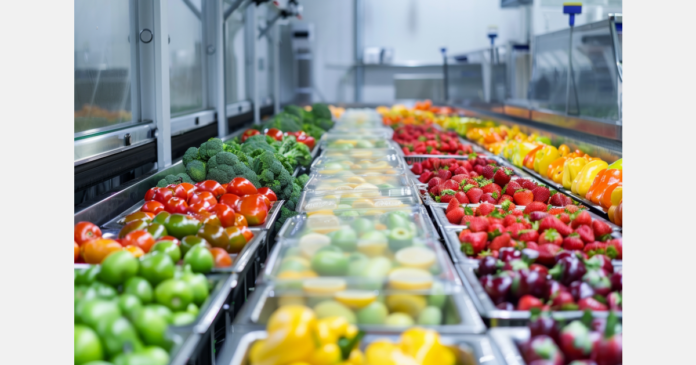South Korea faced significant price hikes in food items in the previous year, with fruits and vegetables being the most affected by inflation, as reported by Statistics Korea. Among the 458 consumer price index items, Asian pears saw the highest price increase of 71.9% in 2024 due to low stock levels from the previous year and extreme weather events such as heavy rain and heatwaves, which impacted the supply chain. Tangerines followed with a 46.2% increase due to poor harvests and rising demand for alternative fruits. Persimmons and apples also experienced significant price jumps of 36.6% and 30.2% respectively, also attributed to climate-related disruptions.
In addition to fruits, other food items that experienced major price hikes included cabbage (25.0%), radishes (24.5%), dried seaweed (21.8%), tomatoes (21.0%), and carrots (20.9%). This surge in food prices has raised concerns among consumers, with the only non-food item in the top 10 being computer repair costs, which rose by 30.1% driven by higher electronic component prices and increased labor costs.
The impact of inflation on food items has been a dominant concern for consumers in South Korea, with rising prices affecting their purchasing power and overall cost of living. The data highlights the vulnerability of the agricultural sector to external factors such as weather events and supply chain disruptions, leading to fluctuations in prices.
Moving forward, it is crucial for policymakers and industry stakeholders to address these challenges and implement strategies to ensure food security and stability in the market. This includes investing in sustainable agricultural practices, diversifying food sources, and improving supply chain resilience to mitigate the impact of future disruptions.
For more information on this topic, you can visit Korea Biz Wire for detailed insights and analysis on the factors contributing to the inflation of fruits and vegetables in South Korea.
Published on: Mon 3 Feb 2025
As the market continues to evolve and adapt to changing circumstances, it is essential for businesses to stay informed and make informed decisions to navigate the challenges posed by inflation and ensure their sustainability in the long run. By staying proactive and responsive to market trends, businesses can mitigate risks and seize opportunities for growth and success.
By staying informed and proactive, businesses can position themselves for success in the face of inflation and economic uncertainty. Through strategic planning, adapting to market conditions, and fostering innovation, businesses can overcome challenges and thrive in a competitive landscape.




